How is oiliness in hair caused and how can we reduce it?
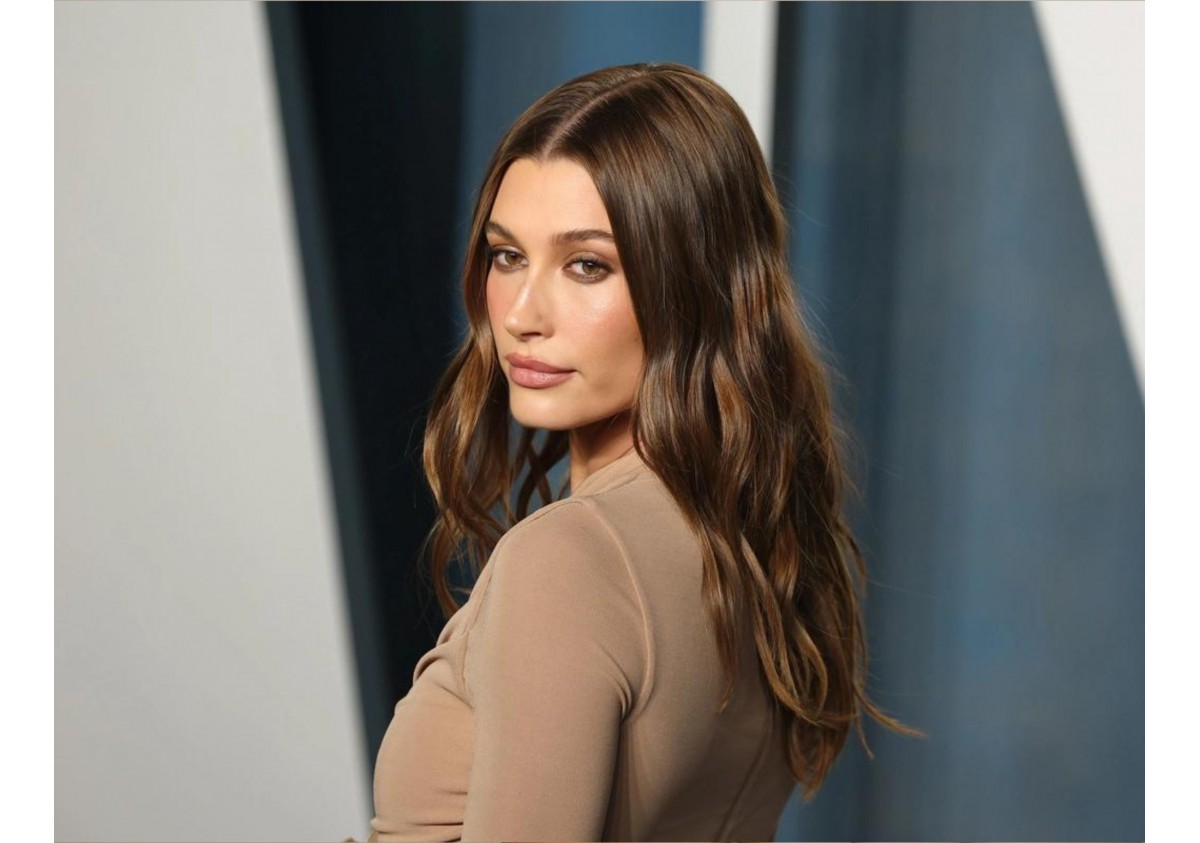
The tips by the hair experts that you would like to know earlier!
Many of us come to the position to deal with the case of oily hair, either on a permanent basis or by time periods. One thing is sure that for those who are a consistent reality, it is considered as an exhaustive condition that does not allow hair to maintain a healthy and shiny appearance that we would all wish.
Oiliness is created by the extremely sebum production, that in main reason is caused due to unhealthy nutrition habit, medicines, wrong care, stress, hormonal fluctuations, but the changing weather takes place an important role, such as during summer that dominates the heat and humidity.
What should you know?
An oily scalp is characterized by excessive sebum (oil) production from the sebaceous glands.
Sebum is a complex mixture of various fat-like substances (lipids). It has no smell, is sterile and cannot cause any problems.
Sebaceous glands are activated by androgens, which increases sebum secretion during puberty.
In women, increased skin oiliness may occur before menstruation due to higher progesterone levels affecting the sebaceous glands.
About 1/3 of people have an oily scalp and need daily washing.
Which care tips are recommended to follow?
1. In general, hair care starts with proper cleansing. You need to take the time to make sure you've removed every trace of dirt and product residue, as sebum and keratin build-up clogs pores and can lead to hair loss or even dermatitis.
So by washing your hair 3-5 times a week, using mild skin-friendly formulas that boost scalp health, you'll see a dramatic change.
Apply a small amount of shampoo to your roots and scalp and with gentle movements, avoiding your nails, focus on where the oil is, rather than the lengths. Allow the shampoo to flow from top to bottom as you rinse. Pay the same attention to the conditioner, applying a small amount only to the ends.
2. Avoid using oils and styling products in general that weigh down the hair and include a scalp scrub in your routine.
Exfoliation will remove any old, accumulated product, removing dead cells and sebum. Gentle exfoliation activates the active ingredients of the shampoo and conditioner, allowing them to penetrate deeper and be more effective.
There are options to choose from, or you can even make your own with simple ingredients like coconut oil and sugar.
3. In addition, the right dry shampoo for your type is necessary if you have oily hair, but it must be used between washes, spraying a small amount on the roots and gently massaging so that it is properly absorbed and does not cause irritation.
4. Finally, although sulfates offer an enjoyable bathing process, creating foam in the hair, at the same time it removes the natural oils from the scalp. This is when the skin on the head will produce more oil, trying to replace what was lost. So, in order to reduce oiliness, it would be good to try sulfate free shampoos, which clean just as effectively, leaving the hair less oily.
In what other ways can you deal with oiliness in everyday life?
3 + 1 tips
Clean the brush and thermal tools
When a dirty surface comes into contact with freshly washed hair it is expected to affect its appearance. You use them every day to create the desired hairstyles, neglecting to clean them. These end up being full of oils, styling products, hair, thus staining the roots.
Once or twice a week create a mixture of warm water, vinegar and baking soda or a mild soap to remove any kind of residue from the brush. For straightening you can use an antiseptic wipe.
Adjust your lifestyle
Fat is linked to stress, as the body releases a hormone called cortisol. When cortisol levels rise, it can also stress the sebaceous glands on the scalp, sending them into overstimulation, producing and releasing more sebum and causing oil to build up.
As demanding as life is with the endless responsibilities that surround us, you must take time for yourself to relax. Therefore, include in your program pleasant habits, such as yoga or try meditation.
Follow a balanced diet
Choosing foods with whole grains, fish and foods rich in vitamin E will contribute positively to dealing with fat. Conversely, meals high in sugars, dairy products and red meats can cause the scalp to produce more oil. The hormones in dairy products break down into androgens (hormones) after consumption resulting in overproduction of sebum.
In combination, include zinc-based supplements to help boost immune system defenses and beta-carotene to help skin repair faster.
Don't touch the hair constantly
Such a seemingly simple habit can be a major reason why hair always looks greasy. Try to limit this movement and you will see a big difference in their appearance.
RECOMMENDED PRODUCTS FOR OILY HAIR:
In Same Category
- How to take care of curly hair? Techniques to create long-lasting curls!
- Hair Test Porosity: The method that will guide you to the proper care of your hair
- Does nutrition affect hair quality and health?
- End of summer: The care of hair that has been exposed to chlorine and salt
- Why does your hair need sun protection?
Related by Tags
- How to take care of curly hair? Techniques to create long-lasting curls!
- Hair Test Porosity: The method that will guide you to the proper care of your hair
- Does nutrition affect hair quality and health?
- How is oiliness in hair caused and how can we reduce it?
- End of summer: The care of hair that has been exposed to chlorine and salt

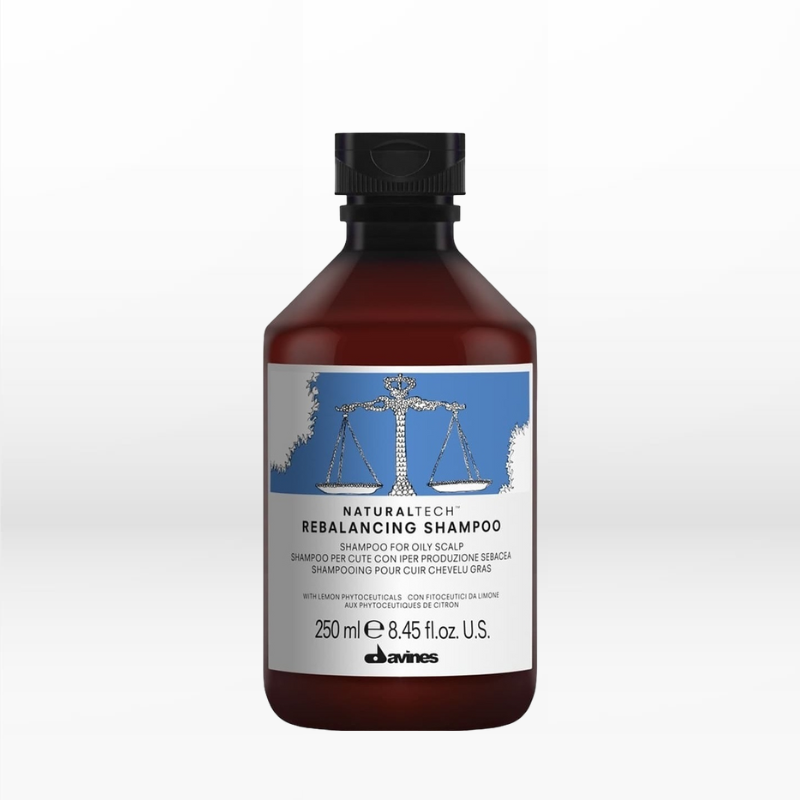
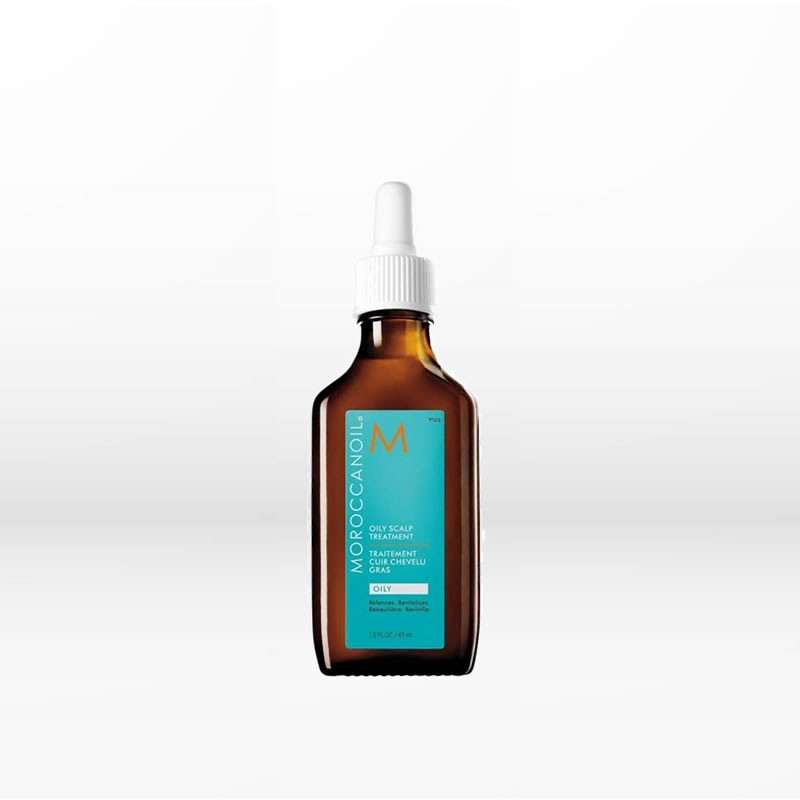
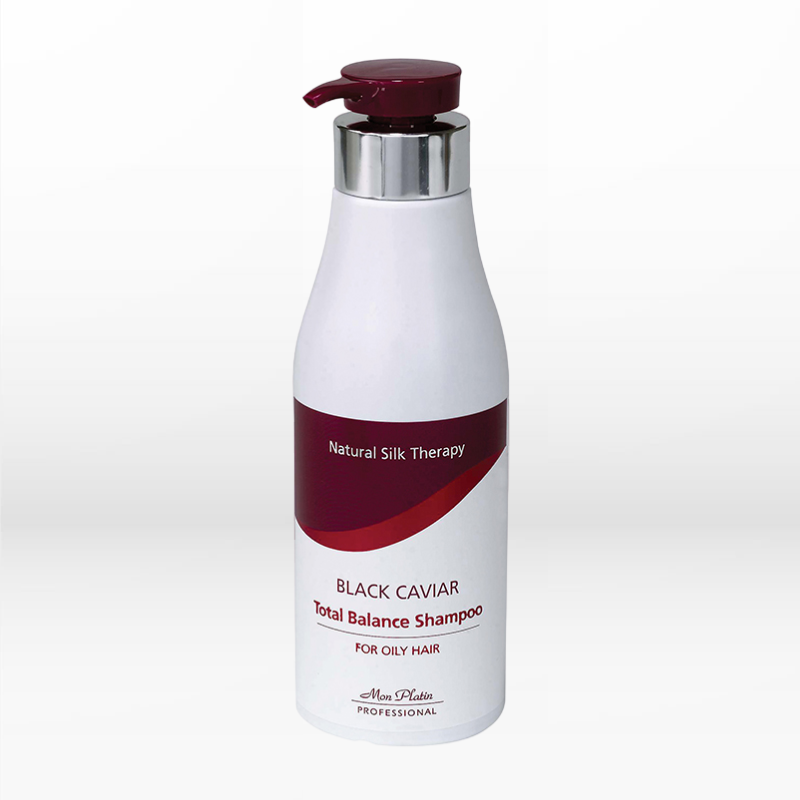
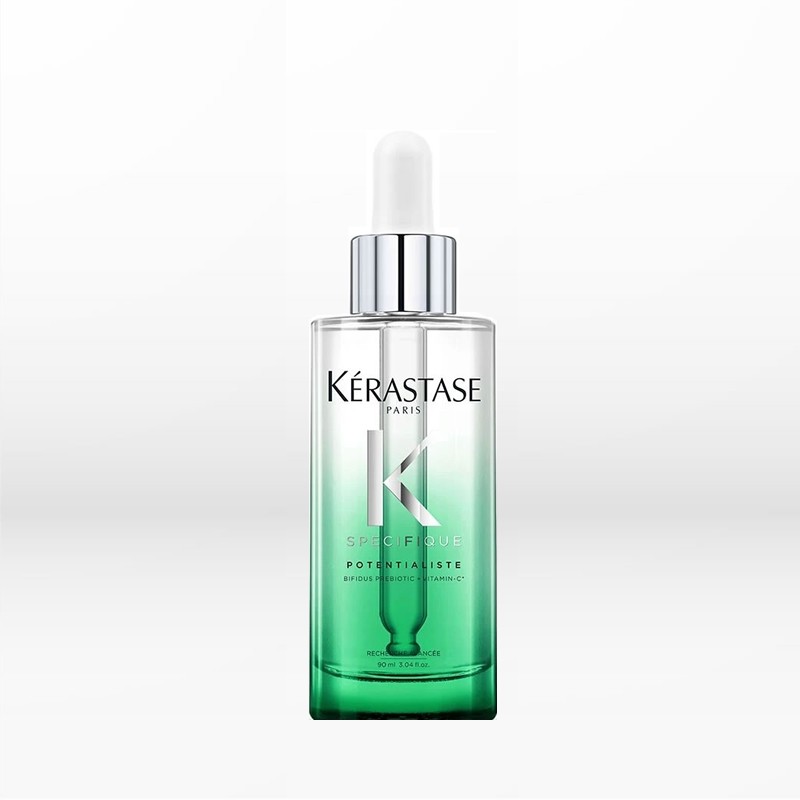
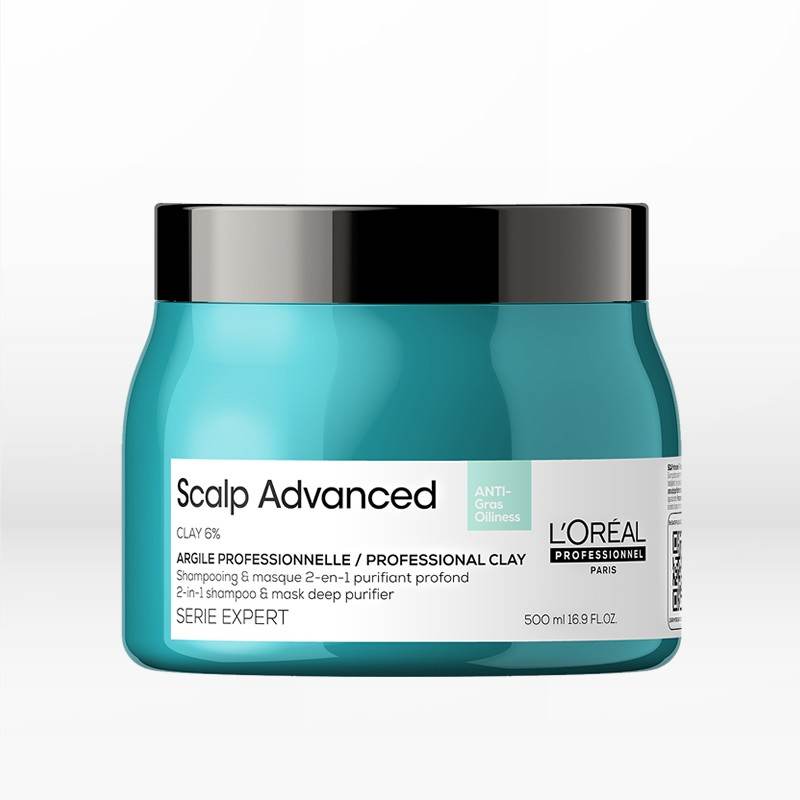
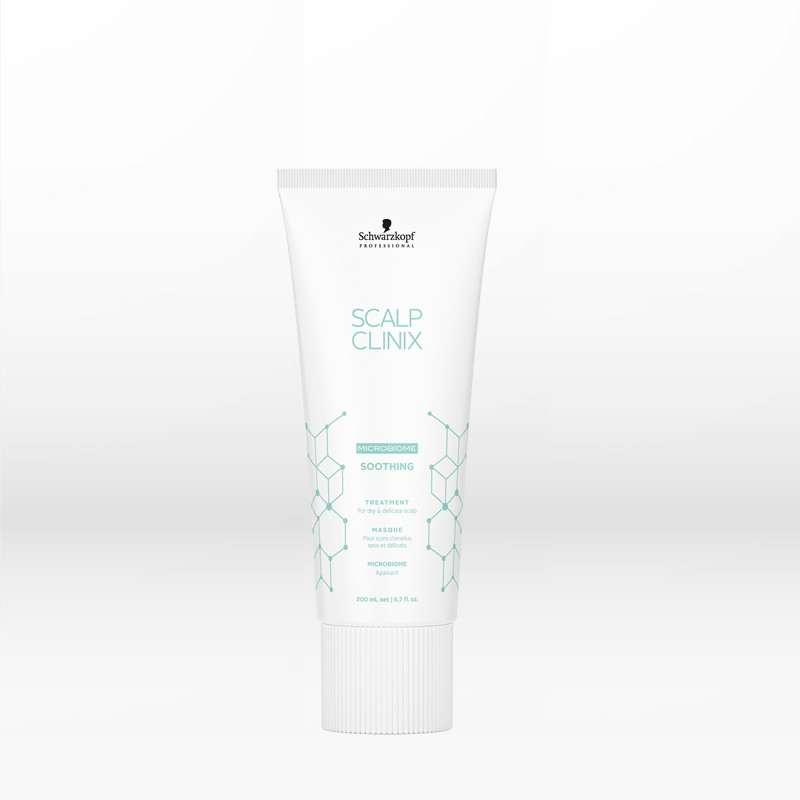
Comments
No comment at this time!
Leave your comment